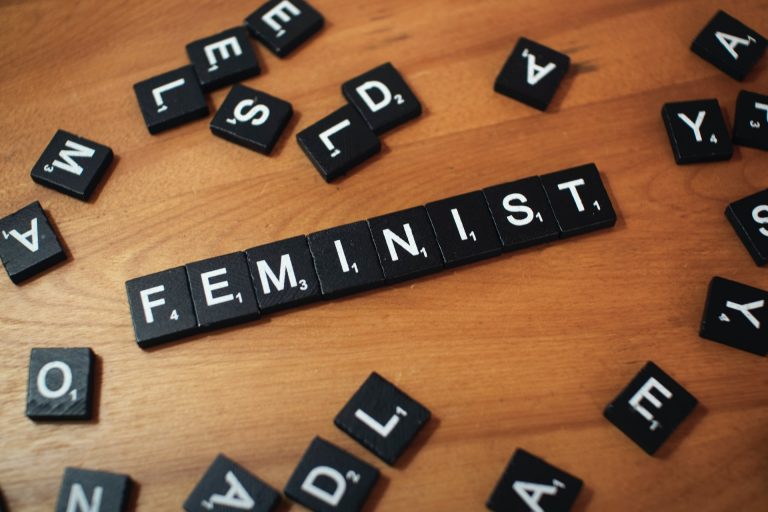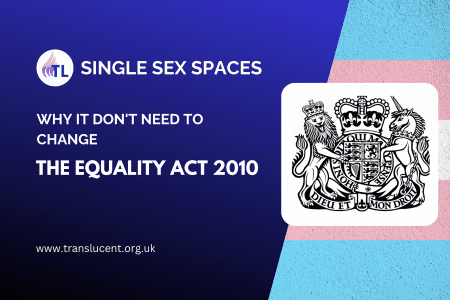A discussion on how our rights have stalled – women should be angry!
I am sixty this year, so, when I was asked to write an article on women’s rights, I remembered talking to my mother about television news footage showing women protesting in the streets of London.
I don’t know how old I was I would guess about ten. I was a strange child!
I found myself thinking about these memories and wondering how much had changed in society in regard to women’s rights.
As I began my research, I found myself getting quite angry.
The feminist movements of the nineteen sixties and seventies accomplished and contributed to major transformations of institutions through the passing of landmark legislation, notably:
- The Equal Pay Act of 1970 that came into force in 1975.
- The Employment Protection Act of 1975 which made provisions for the protection of pregnant women in terms of maternity leave and pay.
- The Sex Discrimination Act of 1975 which aimed to promote equality between women and men and to provide equal opportunities to both sexes.
- Establishment of the Equal Opportunities Commission (EOC) to which grievances could be taken in case of unequal treatment.
- The Domestic Violence and Matrimonial Proceedings Act of 1976 which enabled married women to obtain a court order against their husbands.
- The Housing Act (Homeless Persons) of 1978 which provided accommodation for battered wives.
However, these simply had not gone far enough.
I was horrified to find that the gender pay gap which the Ford Dagenham women had attempted to close by their strikes in 1968 was still the same with women being paid on average 15% less than their male counterparts in 1968 and after a slight rise in 2021 is now 15.4% according to the Office for National Statistics, ONS, 2021 The imposition of a minimum wage having little or no effect on this figure.
Some sources `Timewise` suggest the reasons for this to be:
- There are more men in senior positions than women.
It is certainly true that there are more senior men than women in the workplace as a whole, and as senior people tend to be paid more than junior people, this has a negative effect on the gender pay gap. However, that doesn’t mean that the disparity cannot be tackled.`The present rigid structure and long hours of many senior jobs is still based on the assumption that men go out to work and women stay at home to support them. The idea of the `sacrosanct` family is at the heart of the capitalist exploitation of women and is the foundation unit of a patriarchal society. - Caring responsibilities and part-time roles are shared unequally.
Here, the argument is that women ‘choose’ to care for children, so they `naturally` end up in part-time jobs, below their skill levels, and with fewer progression opportunities. Women still do more than their male counterparts regarding caring for under 12`s and few couples share household tasks equally leaving women to do the bulk of them with men `helping`. - Women choose to work in low-paid roles and sectors.
We know that many of the more poorly paid occupations are those traditionally done by women, requiring skills traditionally regarded as ‘feminine’, such as people skills and caring skills. So women ‘choose’ to work as nurses, teachers, or shop assistants, while men ‘choose’ to be surgeons, construction workers or engineers. We undervalue traditionally female skills and women have been conditioned into believing that these so called “soft skills” are not valuable.But there is also a perceived wisdom that women choose low-paid occupations because they offer more flexibility or are more family-friendly. Again, the perception that it is a choice to prioritise children over paid work, rather than being due to a lack of viable alternatives, positions the gender pay gap as a fact of life, and releases employers from responsibility for changing it.This once again by suggesting it is the choice of the individual woman disempowers women and keeps the idea of the perfect family, and therefore the perfect fuck, firmly under patriarchal control.
These are all issues which have changed little since the seventies with the safety of women being an additional issue which needs addressing.
Living in Leeds it is notable that in the case of the “Yorkshire Ripper crisis” which lasted five years between 1975 and 1980, the recommendations given to women, consisted in advising them to avoid going out alone at night, highlighted the lack and inadequacy with which the state responded to such issues.
Young women have told me that despite complaining to management in clubs and pubs around the city they still expect to be groped or otherwise sexually harassed while waiting to be served at the bar. This is unacceptable, as is the need for our daughters and granddaughters to carry a change of clothes that hide their shape in order to walk home safely.
The advent of the contraceptive pill allowing women to choose when or whether to start a family, should have been a key to the shackles which held them in the domestic prison, but I feel that it has become another link in the chains allowing men to pass their responsibility for unplanned pregnancy back to women.
This brings me to the conclusion that I have good reasons to be angry and every other woman
should be as well!
Guest Writer – K Rowland











 To provide the best experiences, we use technologies like cookies to store and/or access device information. Consenting to these technologies will allow us to process data such as browsing behaviour or unique IDs on this site. Not consenting or withdrawing consent, may adversely affect certain features and functions.
To provide the best experiences, we use technologies like cookies to store and/or access device information. Consenting to these technologies will allow us to process data such as browsing behaviour or unique IDs on this site. Not consenting or withdrawing consent, may adversely affect certain features and functions.